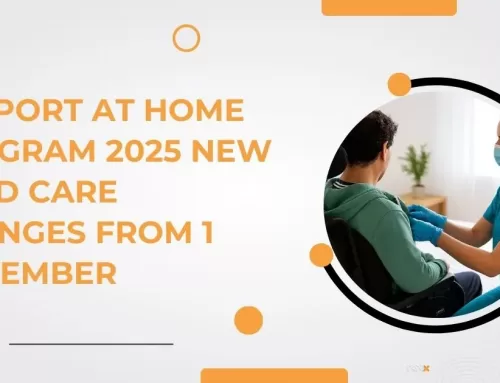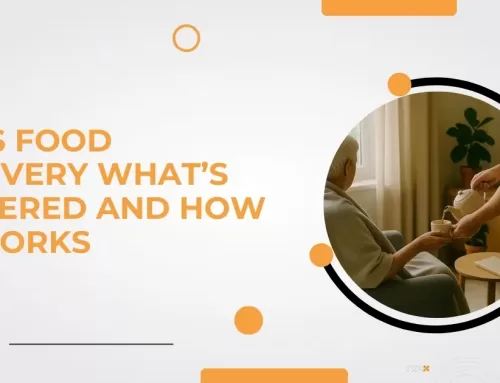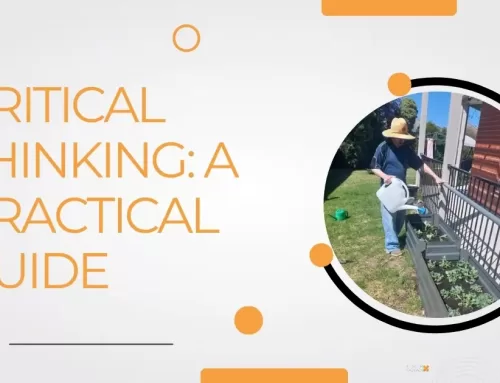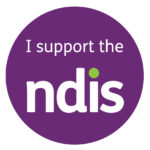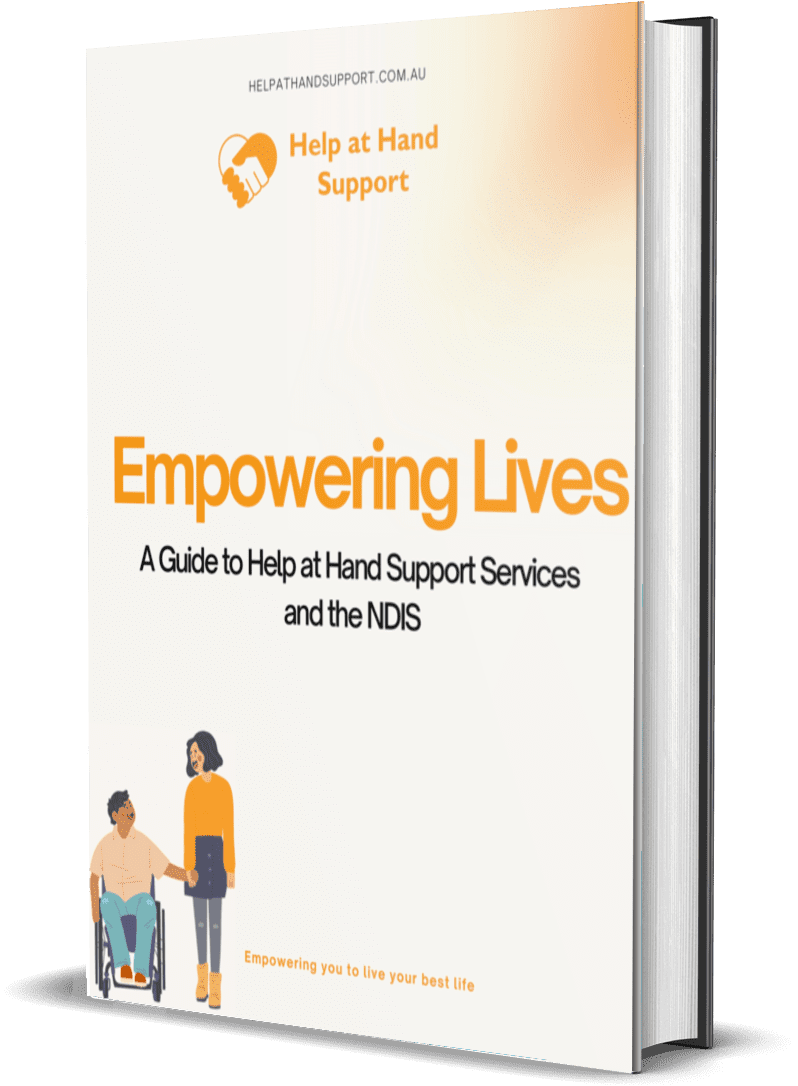NDIS Support Categories – An Overview
Having gone through the long process of applying for and now receiving your NDIS funding, it can seem a bit daunting trying to understand what to do with it. There are rules and regulations relating to how and where you can spend the funding, and you’ve also got to figure out what your preferences are and what needs you want to be met.
Whether you’re new to the NDIS or have been receiving NDIS supports for some time, it’s a good idea to get to know the various NDIS support categories – there are 15 in total (and some new ones being introduced in conjunction with the new PACE computer system). The funding in your NDIS plan is divided into three budgets which are called the NDIS support categories. Depending on your specific and individual needs, you may receive funding in one or more of these categories.
So, let’s take a look at the support categories and try and understand them a little better, so that you can feel comfortable when choosing your supports.
What are the categories?
The NDIS has split up support categories (also known as support budgets) into three primary categories:
- Core Supports
- Capital Supports
- Capacity Building Supports
The NDIS defines the types of supports you can access from each category. When choosing what supports or services you need, you can look through the guidelines in each category to know where that specific support fits in.
Some important things you should know:
- NDIS funding is restricted to that which is reasonable and necessary.
- Sometimes, you can only access specific supports that are in a support category.
- Some supports may need a quote or supporting documentation before being approved.
- Some support categories are flexible allowing you to access multiple supports in that category.
Now, let’s explore each support category to understand them a little better.
Core Supports
NDIS Core supports are defined as those that are necessary for a you to complete everyday activities in daily life. This also includes supports that help you participate in social and community events. Core supports are further broken down into 4 categories:
- Transport – this support includes help with getting around town or attending appointments. It can include transport to specialised schooling or education programs, attending work, or even being able to reach recreational or community activities.
- Assistance with daily life – this relates to anything you might need help with on a day-to-day basis including in-home support.
- Consumables – consumables can refer to items that you use every day but can also refer to interpreting and translation services.
- Assistance with social and community participation – these include classes, programs and activities that help you connect and socialise with others out in the community.
Remember, with all the support categories mentioned, there are price limits and caps that cannot be exceeded. Even with transport, there is a limit to how far it extends to. However, core supports are the most flexible of the support categories and you should be able to access what you need.
Capital Supports
Capital supports are the support category that aims to improve independence and mobility both within the home and in public. Often, capital supports can include ways to optimise living arrangements and ways to achieve independence.
Capital supports can be broken up into two sections:
- Assistive technology – this includes things such as wheelchairs, walking frames, vehicle modifications, as well as technologies that help with communication and personal care.
- Help in the home – this includes funding needed for home modifications including ramps, ceiling hoists, a railing to help with mobility, as well as Specialist Disability Accommodation.
Capacity Building Supports
This support category is perhaps the most important when it comes to building independence. Capacity building funding can help you with finding work, learning new skills, living more independently and even managing your complicated NDIS plan.
Capacity building supports are broken down into many subcategories including:
- Support coordination – this is a service by which a support coordinator can help you access the support you need and can help find the right support for you in your local area.
- Improved living arrangements – this includes helping you find a suitable place to live.
- Increased social and community participation – this can mean helping you build social skills that enable you to participate in social events such as classes, sport coaching or festivals.
- Finding and keeping a job – this category involves helping you find gainful employment or allow you to learn skills useful for finding a job.
- Improved relationships – this relates to accessing behaviour support to help you form and maintain relationships.
- Improved health and well-being – to improve physical wellbeing and dietary choices, you can access funds to help you improve your health.
- Improved learning – this can include support to help with skills training and accessing advice to help you make an informed decision about your learning.
- Improved life choices – this type of support can help you make better and more informed choices about your care through a plan management process.
- Improved daily living – In your NDIS plan, you can use Improved Daily Living Skills to help boost your abilities, independence, and involvement in the community. It’s part of the support budget for Capacity Building. This includes several types of support such as assessments and reports from therapists, learning skills for daily life, and a variety of therapy services.
PACE updates to Support Categories
Along with the introduction of the new computer system PACE, there are some planned updates to support categories and types. These changes will only apply to you once you have moved onto the new PACE system.
The three changes will be:
- The NDIA are introducing a fourth (and new) support type – in addition to Core, Capital & Capacity – called Recurring Supports. These will be supports paid on a regular basis with no need for a claim to be made.
- Five new categories will be introduced (these will all be ‘stated supports’ – funds that are not flexible or able to be transferred to other supports):
- Core supports:
- Home and living.
- Young people in residential aged care’ (YPIRAC) – this is an NDIA managed category.
- Capital supports includes two new categories:
- Assistive Technology, maintenance, repair and replacement.
- Specialised Disability Accommodation (SDA).
- Capacity Building:
- Behaviour supports.
- Core supports:
- Under the Capacity Building category, five existing category names are changing, the new names will be:
- Support coordination and psychosocial recovery coaches (previously Support coordination)
- Relationships (previously Improved relationships)
- Health and wellbeing (previously Improved health and wellbeing)
- Lifelong Learning (previously Improved learning)
- Choice and control (previously Improved life choices)
Now you know the differences between the support categories and are equipped with the knowledge to make the best decisions for your individual NDIS plan.
If, however, you would like more assistance to navigate these categories, or would simply like to talk to one of our friendly staff, contact our care team and we’d be happy to help you in any way we can!
Check out more from our Blog
Book A Care Consult
We will be in contact with you shortly

